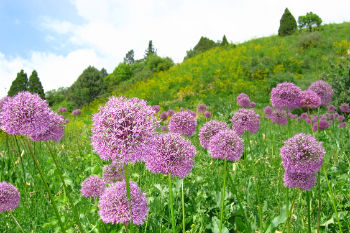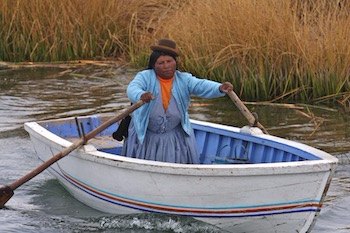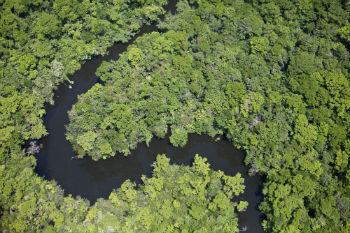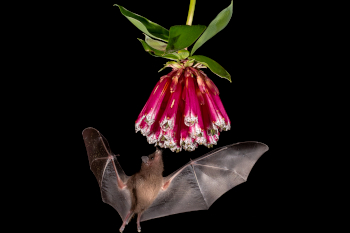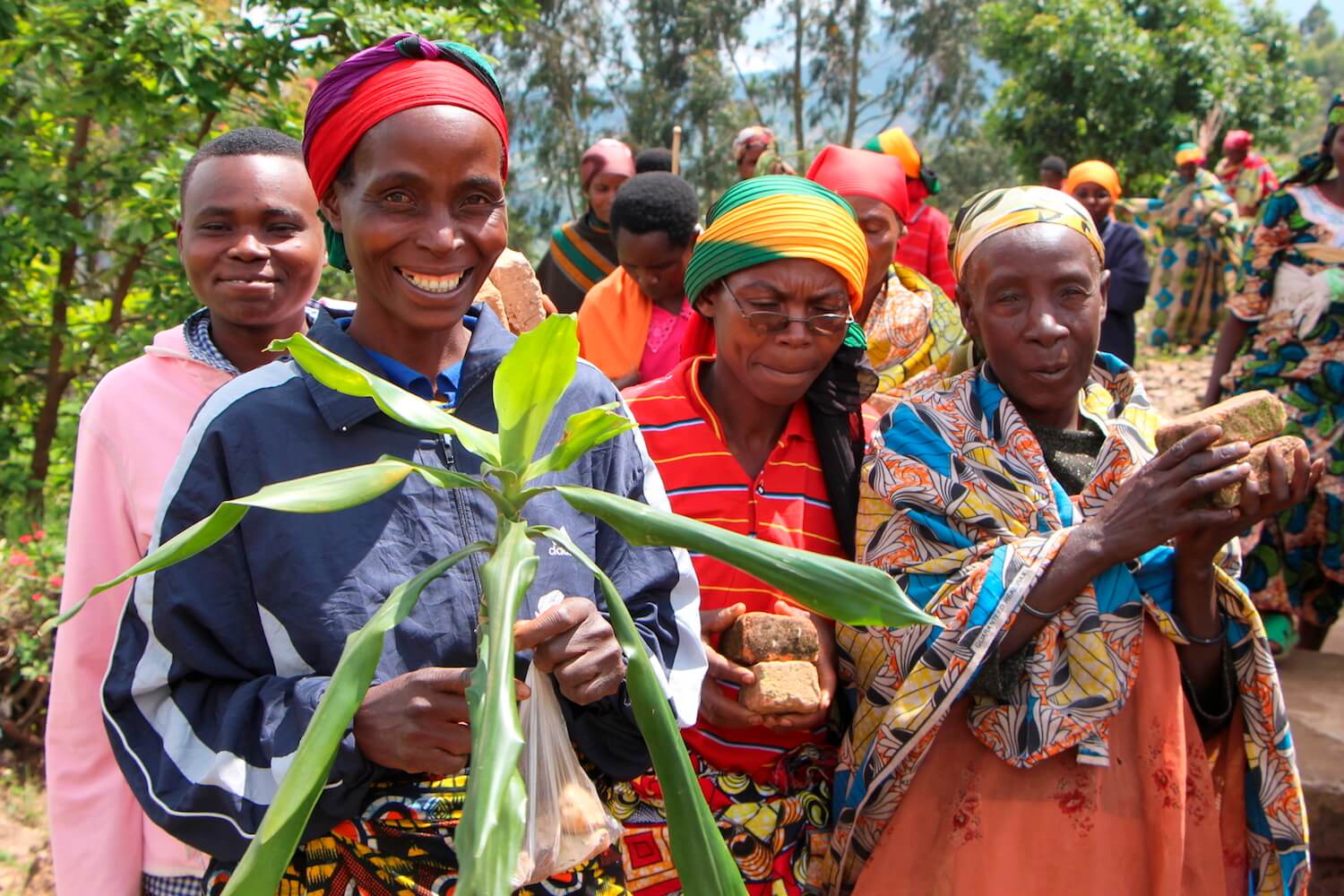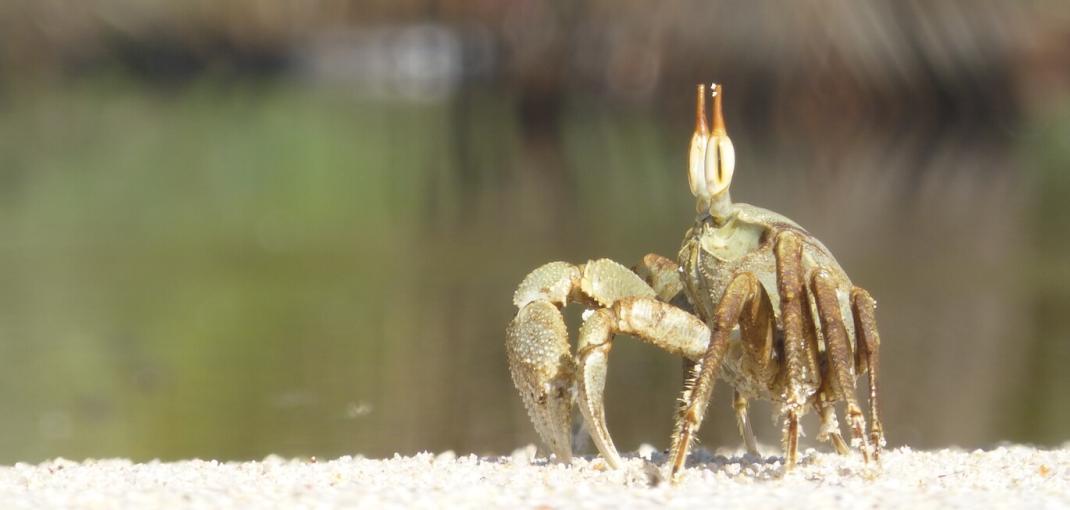CEPF and gender
Gender can influence who uses, has access to and owns natural resources. Therefore, considering gender can help determine who participates in and benefits from a conservation project. These considerations can ultimately increase a project's long-term success.
For these reasons, CEPF developed a gender policy and strives to ensure that when we engage civil society in protecting biodiversity hotspots, we do so using a gender-responsive approach. This means that CEPF Secretariat staff, regional implementation teams and grantees aim to understand and consider the different roles of men and women in CEPF-related activities at all levels. Gender issues and considerations are actively incorporated throughout the grant-making process, and we monitor progress on gender-related outcomes.
CEPF's gender policy
Introduced in 2016, the gender policy describes why incorporating gender into conservation is important to CEPF and details our commitment to integrating gender into the projects that we fund.
- English (PDF - 301 KB)
- French (PDF - 310 KB)
- Malagasy (PDF - 42 KB)
- Portuguese (PDF - 309 KB)
- Spanish (PDF - 307 KB)
Gender Toolkit
The Gender Toolkit was launched in 2018 and is a comprehensive resource for CEPF grantees and other conservationists, offering guidance on how to integrate gender into conservation work at each stage of a project.
- English (PDF - 359 KB)
- French (PDF - 381 KB)
- Portuguese (PDF - 291 KB)
- Spanish (PDF - 375 KB)
Gender Factsheet
This two-page factsheet gives a quick overview of gender as it relates to CEPF as well as advice for grant applicants.
- English (PDF - 325 KB)
- Portuguese (PDF - 392 KB)
Gender tracking tool
In 2017, CEPF created a gender tracking tool for grantees to self-assess if, and to what extent, gender considerations are integrated into their program and operations. CEPF requires all grantees to complete a gender tracking tool at the start and end of their projects.
- English (Excel - 28 KB)
- French (Excel - 27 KB)
- Indonesian (Excel - 26 KB)
- Malagasy (Excel - 26 KB)
- Portuguese (Excel - 26 KB)
- Russian (Excel - 27 KB)
- Spanish (Excel - 27 KB)
Empowering Women in Conservation
This package of training materials is designed to support the empowerment of women in conservation. It is based on the experiences, ideas, and lessons learned from the CEPF grantees in the Indo-Burma Hotspot, as well as general good practices for gender mainstreaming in conservation projects. It is available in English, French, Portuguese and Spanish.
- Overview (PDF - 108.27 KB)
If you have questions about CEPF and gender, contact us at cepf@cepf.net.
